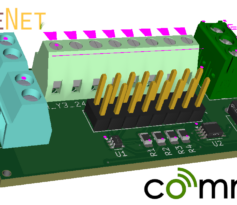
We’ve just ordered our circuit boards to test the SDI-12 interface, which is ideal for environmental sensors, as used in our MoleNet project. MoleNet is an innovative initiative focused on creating a network of low-cost, open-source environmental monitoring stations. These stations are designed to collect data on soil moisture, temperature, humidity, and other critical environmental factors, providing valuable insights for researchers, farmers, and conservationists.
By leveraging the SDI-12 interface, MoleNet aims to enhance the reliability and accuracy of data collected from a wide range of sensors. This standard protocol allows multiple sensors to communicate with a single data logger, simplifying the deployment of complex sensor networks in the field...

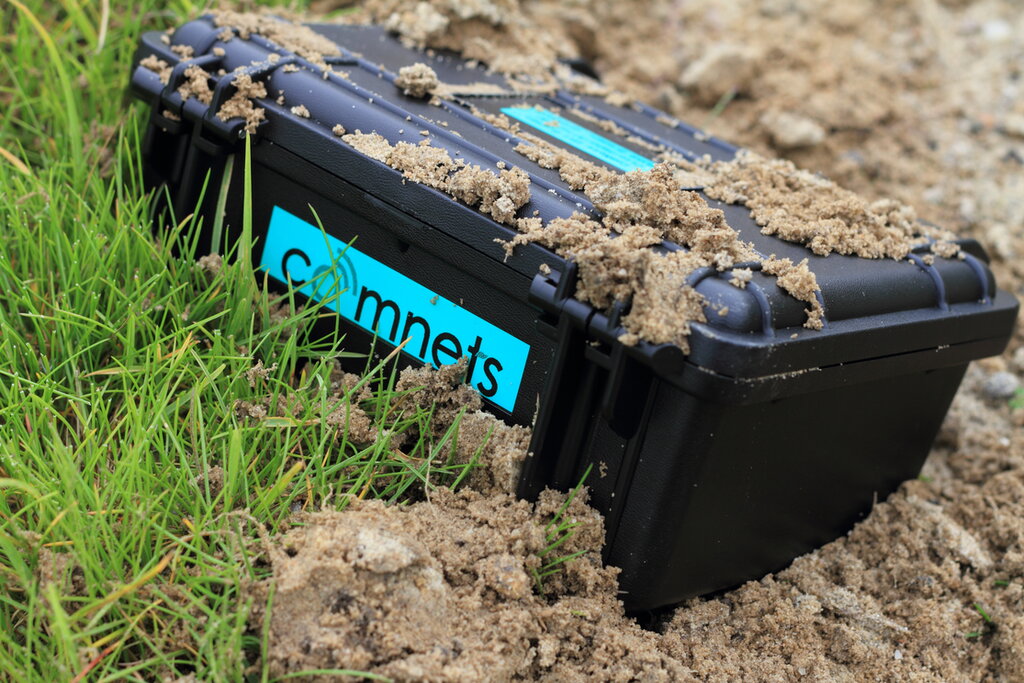
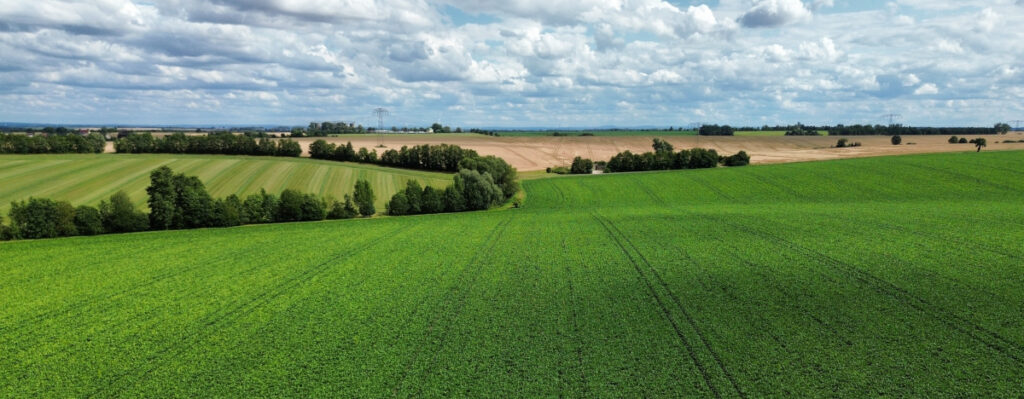

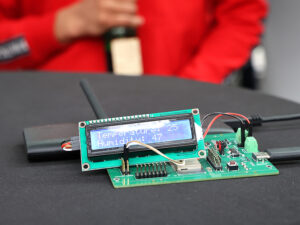
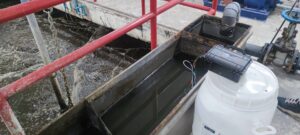
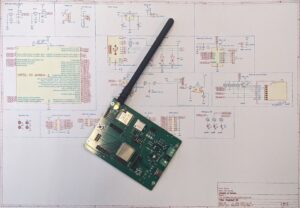
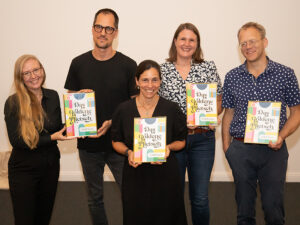
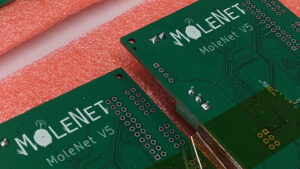
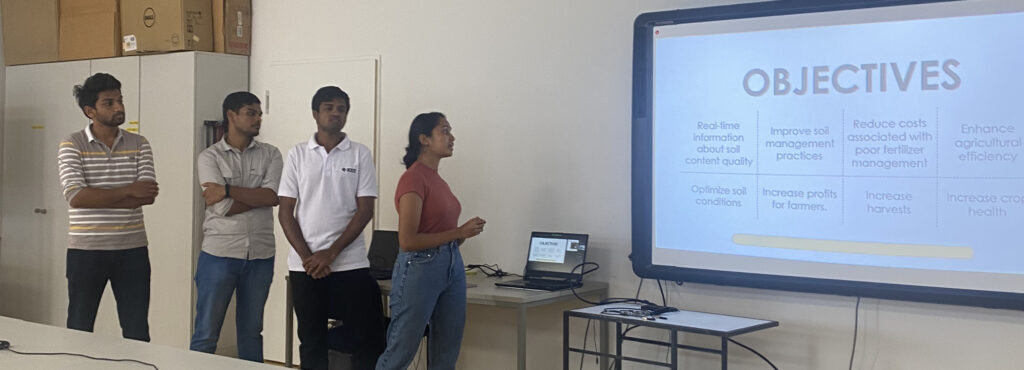

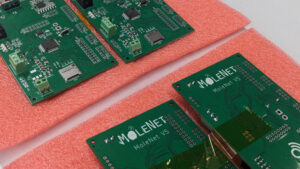

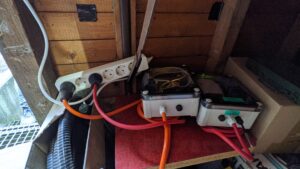
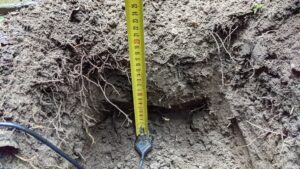
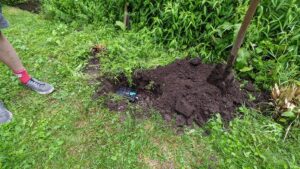
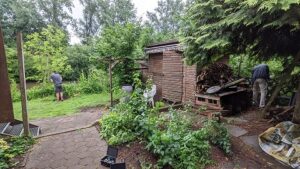
Recent Comments